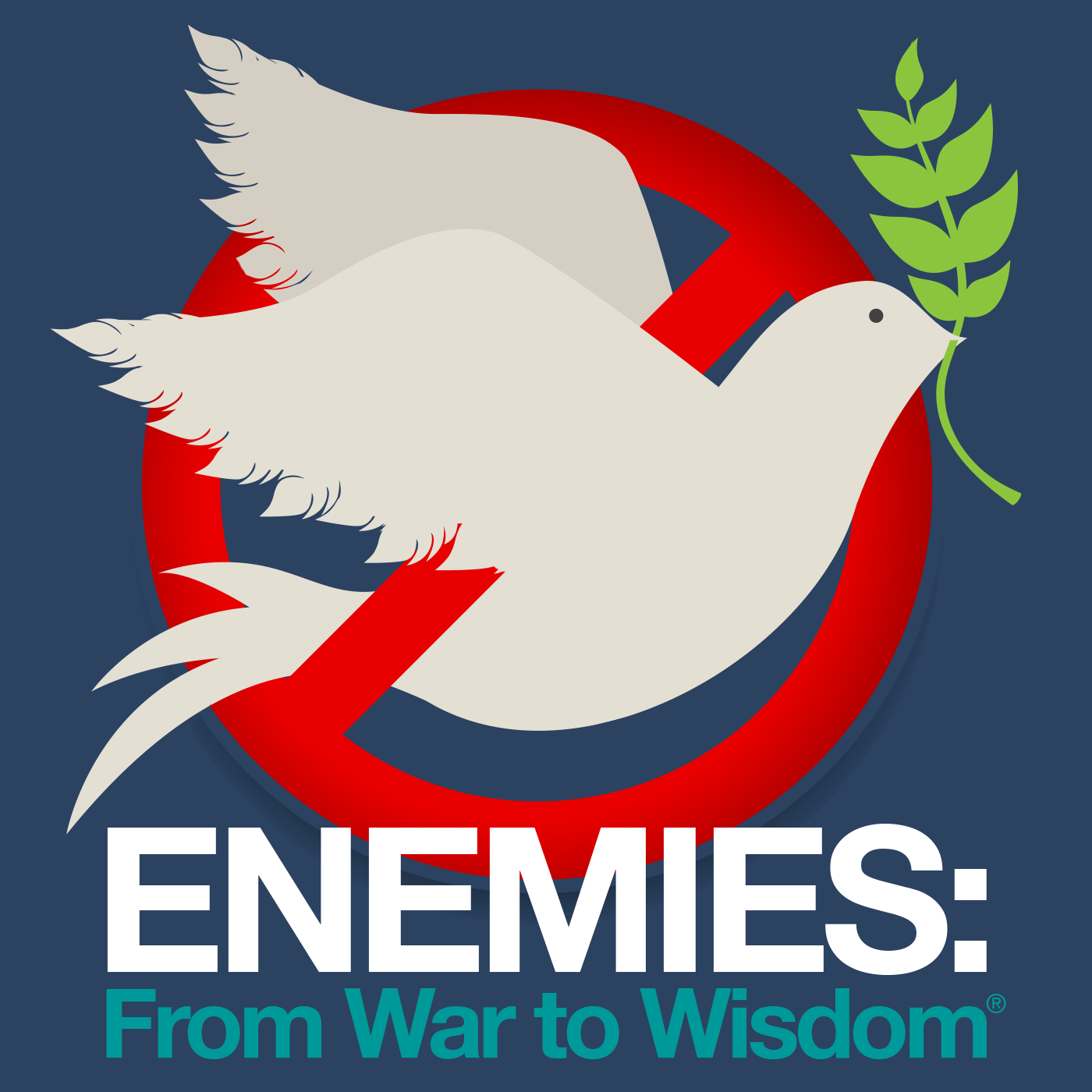(Part 1) Why are even simple topics often difficult to discuss, especially if people have different viewpoints? Underlying many confusions and animosities in human interactions in couples and groups is a form of unconscious emotional communication that implies and evokes strong reactions in ways that usually fall outside our awareness. We suddenly feel triggered, trapped, or kidnapped into an emotional reality that we had not intended. This kind of communication may be positive or idealized, as when we fall in love. More often, though, it is negative and agitating as when we feel we MUST protect ourselves by insisting on the faults of another, either someone we know or a stranger who carries an emotional meaning for us.

More than three centuries ago in 1793, the great poet and artist William Blake said, “Without Contraries is no progression. Attraction and Repulsion, Reason...

You have heard the saying “No good deed goes unpunished” and you know there is a wisdom in it. But what is that wisdom?...

Join Polly Young-Eisendrath, Ph.D. and Eleanor Johnson in their new podcast about ENEMIES. EPISODE 1: Why do we need enemies? From intimate relationships to...